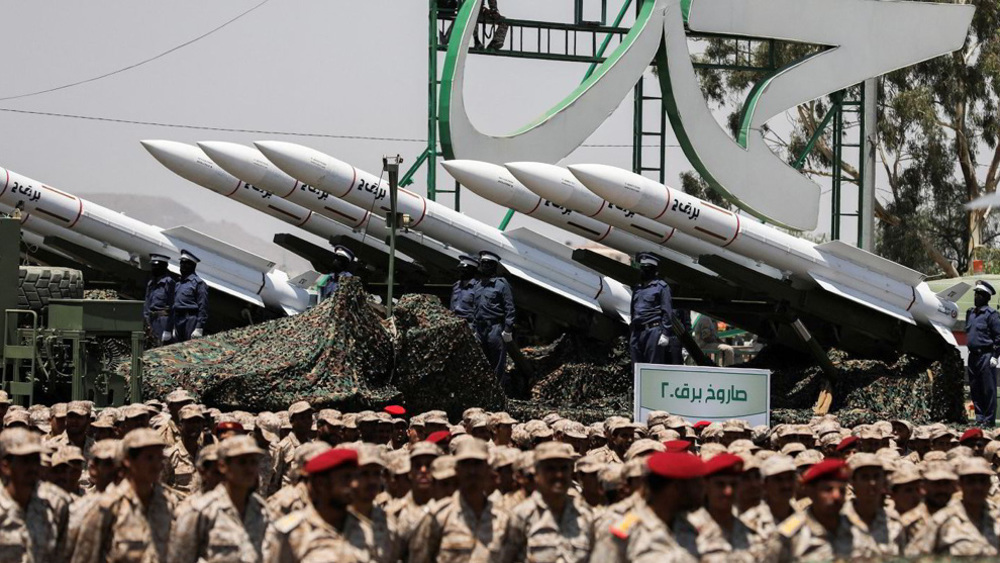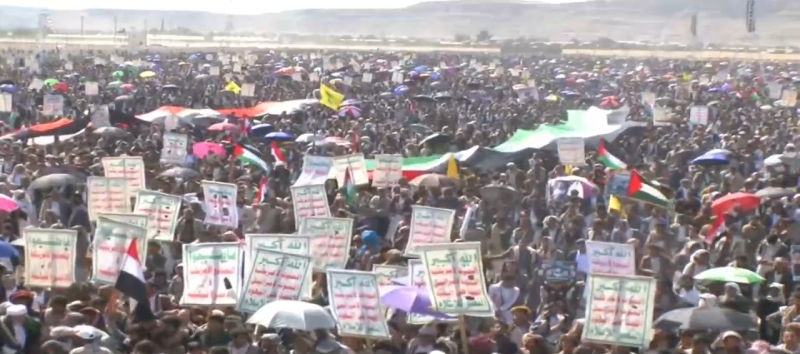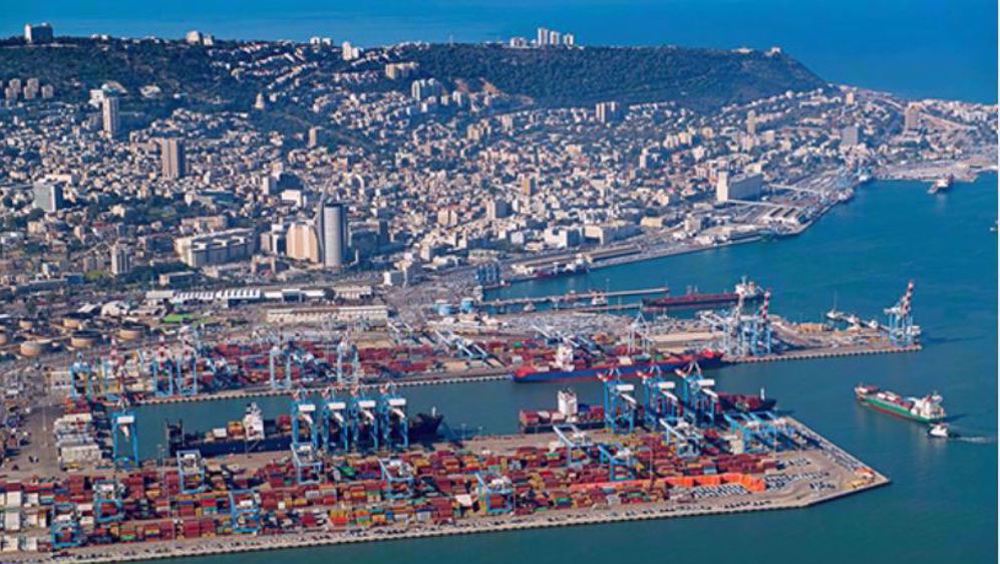Yemenis protest against normalization with Israel
Yemeni people have taken to streets of the southeastern province of Hadhramaut to protest against the normalization deals between some Arab regimes and Israel.
Protesters staged a rally in Hadhramaut on Wednesday, carrying banners reading that “We will only accept what satisfy the Palestinian people.”
The rally comes after the United Arab Emirates (UAE) and Bahrain signed controversial agreements to normalize ties with Israel at the White House on September 15, amid outrage across Palestine and the Muslim world.
Palestinians, who seek an independent state in the occupied West Bank and Gaza, with East Jerusalem as its capital, view the deals as betrayal of their cause.
An Israeli report, which is based on a survey commissioned by Israel’s strategic affairs ministry, found that 81 percent of Arab social media users had “negative” comments about the recent normalization deals signed between Israel and the United Arab Emirates and Bahrain, and 8% had “very negative” views, while only 5% viewed them in a positive light.
Another survey revealed that Arab populations continue to overwhelmingly oppose the recognition of Israel and the establishment of ties with it.
The results of the 2019-2020 Arab Opinion Index showed that the Arab nations viewed Israel as the primary threat their country was facing.
Also on Wednesday, the Yemeni protesters denounced the foreign presence in the region.
Some of Yemen’s southern cities are controlled by militants from the UAE-backed separatist Southern Transitional Council (STC).
The STC militants regularly clashed with Riyadh-backed militants loyal to the former president Abd Rabbuh Mansur Hadi’s government in spite of being part of the Saudi-led campaign against Yemen.
Saudi Arabia and a number of its regional allies launched the campaign against Yemen in March 2015, with the goal of bringing former president Abd Rabbuh Mansur Hadi’s government back to power.
The US-based Armed Conflict Location and Event Data Project (ACLED), a nonprofit conflict-research organization, estimates that the war has claimed more than 100,000 lives.
The Saudi-backed militants and rival separatist forces agreed in July to share power in Yemen’s south in an attempt to end infighting.
VIDEO | Press TV's news headlines
Iranian satellites launched into space as private sector debuts in space industry
VIDEO | Iran, Azerbaijan conduct joint maritime rescue operations
VIDEO | Yemen’s Red Sea divide: Naval forces block Israeli-linked ships in strategic ‘parting of the water’
VIDEO | Southern Gaza: Israel’s facade for famine and suffering
VIDEO | IOF hampering humanitarian aid
VIDEO | Sharmahd: Justice Done
Iran repeatedly warned Israel not to test its will: FM











 This makes it easy to access the Press TV website
This makes it easy to access the Press TV website